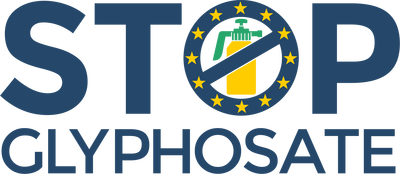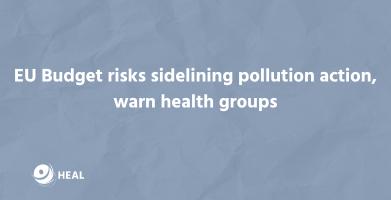In 2025, HEAL welcomed several new organisations into its international network of over 70 members committed to advancing health through environmental action. These new members bring valuable expertise in public health, environmental justice, and sustainable policy, further strengthening the capacity of the alliance to help face the challenges from biodiversity loss, pollution and climate change. Learn more about their missions and work below.

Press Annoucement Brussels, 14 March 2017 – In just five weeks, almost half a million Europeans have signed a petition calling on the European Commission to ban the controversial weedkiller glyphosate. Meanwhile, the European Chemicals Agency (ECHA) may dismiss a warning by the World Health Organisation linking glyphosate to cancer on Wednesday. A broad, pan-European coalition of 38 organisations from 15 countries launched this European Citizens’ Initiative on 8 February. The signatories call on the European Commission to ban glyphosate, reform the EU pesticide approval process and set mandatory EU targets to reduce pesticide use. The Commission will consider such a petition if at least one million EU citizens have signed it within one year, reaching minimum thresholds in at least seven countries. Glyphosate is the world’s most heavily used weedkiller and has been linked to cancer by the World Health Organisation’s top cancer agency, IARC. Health and environmental organisations have raised concerns about conflicts of interest in the ECHA committee responsible for assessing glyphosate, and criticised ECHA’s reliance on unpublished industry studies. Background EU regulations prohibit the use of pesticides when there is sufficient evidence in laboratory animals that these substances can cause cancer, based on IARC’s scientific criteria. According to IARC, glyphosate fulfils these criteria. Nevertheless, EFSA dismissed IARC’s cancer findings, pointing to unpublished studies unavailable to the IARC experts. In 2016, the European Commission proposed to re-approve glyphosate for 15 years, based on the EFSA assessment. However, a public outcry and insufficient backing from national governments forced the Commission to issue only an 18-month extension until the end of 2017, pending a safety assessment by ECHA. Please find further background on the glyphosate decision-making process on the Greenpeace website. For more information on the #StopGlyphosate objectives and organisers, please visit www.stopglyphosate.org.



